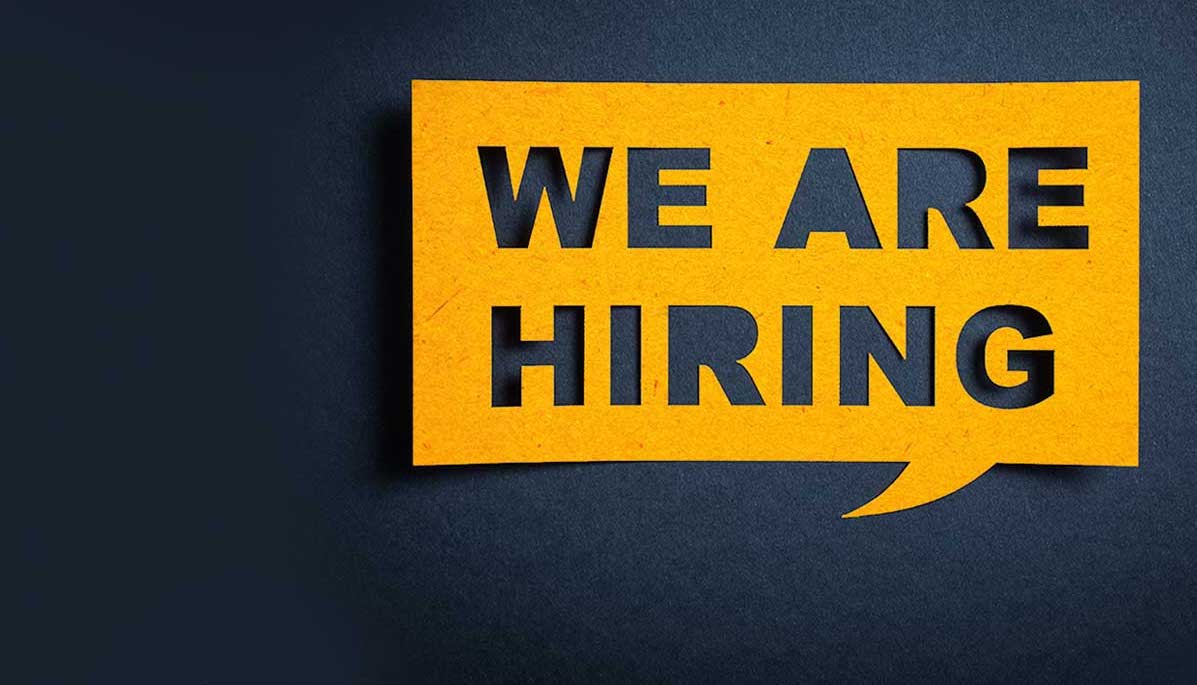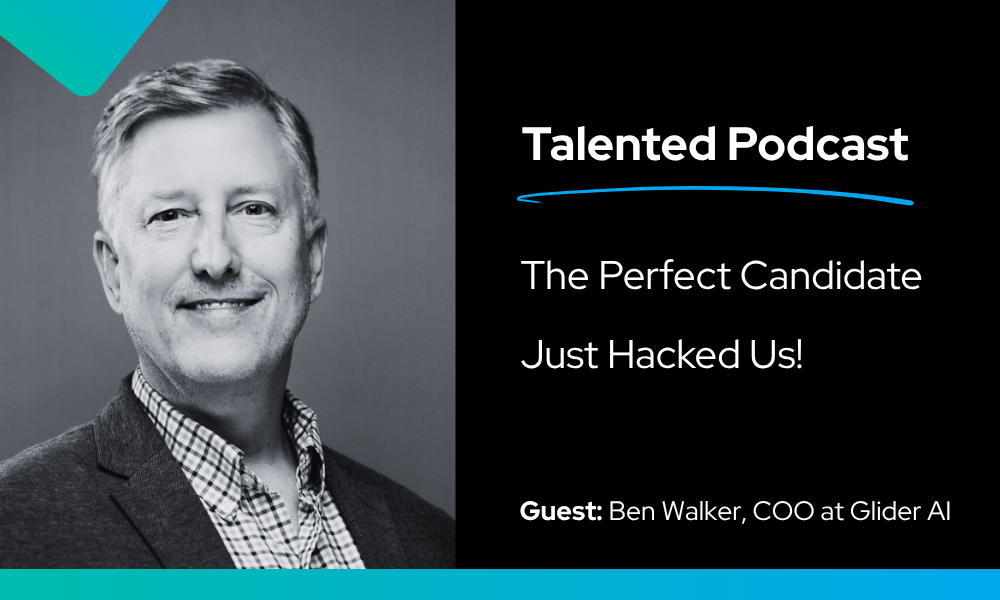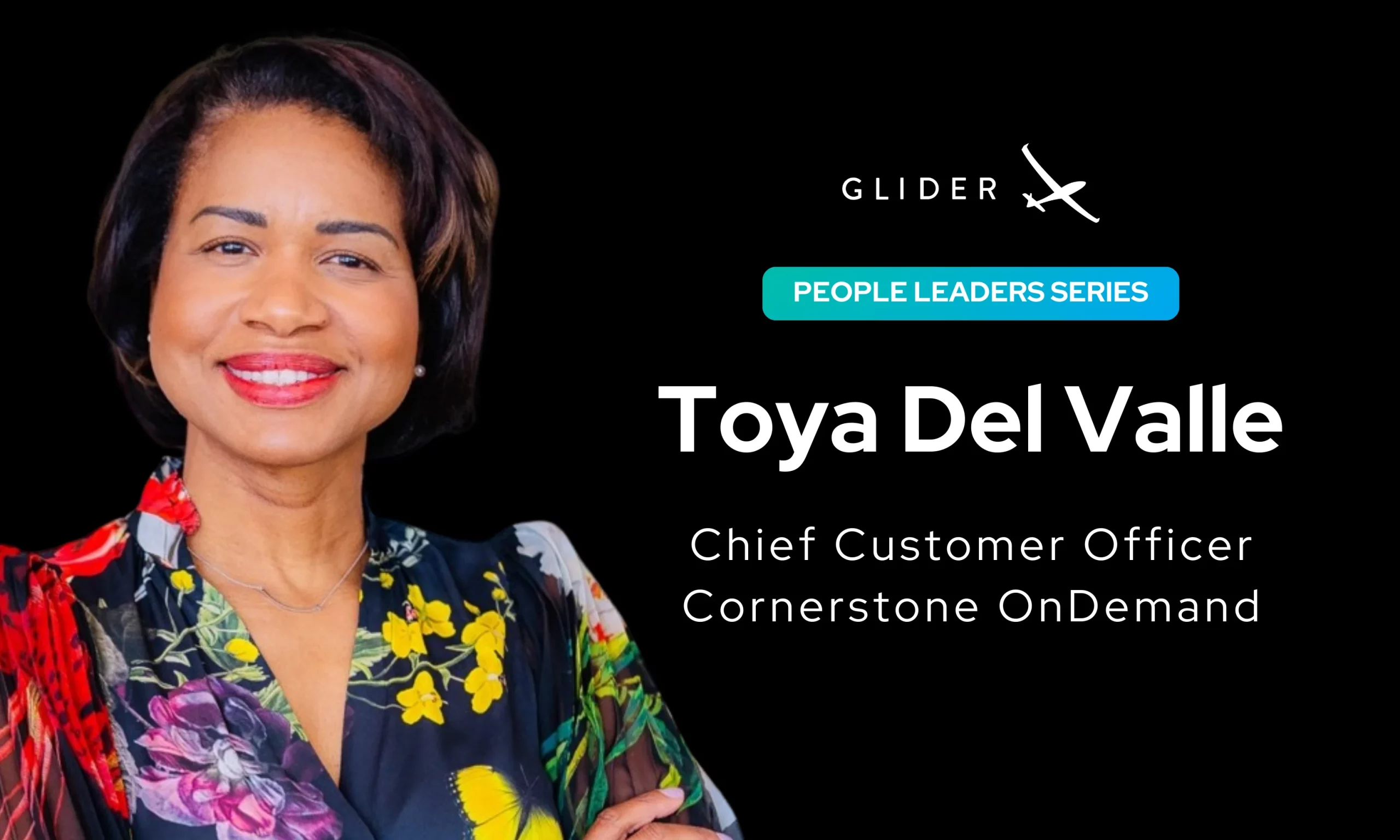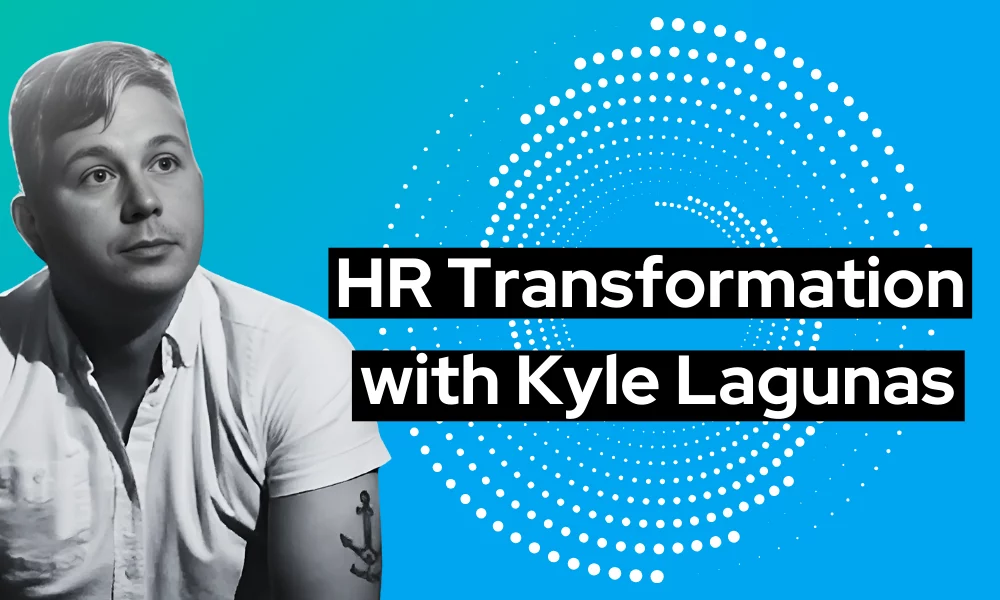
Make talent quality your leading analytic with skills-based hiring solution.

When hiring for success, do you look for talent or skill? What impresses you more, a person or a resume? It’s a long-lasting debate in the HR circles, and the opinions are divided amongst employers too. One thing is for certain, though – while skills can be trained in almost anyone, attitude never can. When push comes to shove, what is better – to hire or train?
To a handful of forward-thinking employers, personality remains the main criterion for choosing new hires. But “hiring for attitude” is not a new idea. Even though HR specialists have been researching its potential for years, it wasn’t until recently that this hiring philosophy became methodical and valid.
The truth is, hiring for talent posed a great challenge in the context of unbiased HR. The employers who chose to practice it were certainly aware of this risk; what compelled them to neglect it was the immense potential of employees with trainable talent. According to this philosophy, the ideal candidate is an individual with exceptional personal traits that can be molded and elevated.
Employees with trainable talent possess three main qualities:
Taken together, these three personality traits allow for a new hire to learn and advance in virtually any position. In terms of a specific profession, such an employee is a tabula rasa without any vocational education or previous experience, but also without a history of burnout, frustrations, and bad habits.
Because this is an employee who exhibits a “where there’s a will, there’s a way” mindset and who’s eager to make the most of the opportunity you’ve given them, you’ll hardly need to worry about their work ethic and commitment. Also, you won’t need to worry about them being a poor fit for the team.
It is a common misconception that experienced hires are easier to train. Consider this – an employee coming from another company, where they’ve spent years working on the same position you’ve accepted them for, might have a harder time unlearning what they know and adopting your approach. A capable talent, on the other hand, has a much more powerful motivation to learn.
While an employee coming from another company is thinking “Here we go again, back to the old drawing board”, a talent hire has already sharpened their pens and read your onboarding material. They are ready to learn something different and excited to open a whole new chapter in their career.
Of course, this isn’t to say that talent hiring doesn’t need training at all. New hire training is crucial for developing high-quality products and solutions, especially today when technology continues to evolve at a rapid pace. Presuming they are smart and committed, tabula rasa hires are usually easier to train.

When “hiring for attitude” was first introduced as an HR philosophy, employers had only their guts and a handful of tested evaluation techniques to rely on. The advent of modern-day technology has luckily changed this. But before we jump to AI, let’s try to find manual methods that are still effective.
Paying attention to the candidate’s questions, for instance.
Candidates’ questions are often more revealing than their answers. Great candidates want to know what everybody does and how things work, and not because they want to show you how much they care. It’s their passion and genuine interest in your company that triggers curiosity and concern.
And that must be a good sign, right?
Also, remind interviewers to ask them what they already know about your organization. A candidate who has done research on your brand before the interview and now shows an understanding of your unique culture is a candidate with an authentic desire to become a part of your organization. After all, their genuine interest stems from the fact that their personal values align with your culture.
When this happens, the potential is limitless.
Everything can be thought of, except for passion and intrinsic drive. If you choose to try out the “hire for attitude, train for skill” technique, you’ll need to modify the interviewing process. Instead of standard questions, ask those that will give insight into what makes the candidate tick. Opt for devising interviews, group exercises, and other candidate probing methods.
Look for who they are, not for what they can do.
In a 2011 Harvard Business Review article, “hiring for attitude” was examined in practice. One of the interviewees that praised the philosophy, an HR expert from Southwest Airlines, told the paper how “We would rather take an eager, hungry, customer-oriented mind and mold it to what works well at Southwest than try to change the habits of someone who’s come up through an organization that views life differently.” Seven years and one technological revolution later, this argument still stands.
Today’s hiring process is both facilitated and improved by modern technology.
Here at Glider, we offer hiring solutions that rely on artificial intelligence to stack rank candidates and evaluate them with real-life tasks and simulations. We’ll help you create interview questions for different roles and psychometric tests that dive deeper into the candidate’s personality and attitude.
Our team deeply cares about unbiased hiring, and so should you.
If you’ve decided to hire talent and train skills, you’ll need to pay extra attention to how you evaluate your candidates. Since personality testing can lead to both conscious and unconscious discrimination, AI technology will enable you to rule out gender and age bias and base your interviews on data alone.
In other words, your hiring process will be more efficient, and your hiring decisions more accurate.
Make no mistake, “hiring for attitude” is a challenging technique – being based on personality evaluation, it requires you to discover a fine balance between judging candidates by their personal traits and misjudging them due to your own subjectivity. The best practices and technology will help.

“The Perfect Candidate Just Hacked Us”: Inside the Global Playbook of Hiring Fraud That 100% test score might be your biggest red flag. Enterprise breaches don’t always start with phishing emails; sometimes, they start with a fake job interview. In this episode of Talented, Joseph Cole sits down with COO Ben Walker to unpack one […]

Can HR Stop Playing Buzzword Bingo with Skills and AI? If you’re an HR or TA practitioner or work in HR Tech in any capacity, AI and Skills-Based Hiring is what everyone is talking about. The problem? All the talk is diluting the importance of two very interrelated topics. Glider AI sponsored the Transformation Realness […]

Q&A with HR/TA Analyst Kyle Lagunas The traditional playbook that was HR is being rewritten. AI is reshaping work, skills-based strategies are transforming hiring, and HR teams are under pressure to deliver more with less. HR isn’t just about managing people anymore—it’s about engineering the future of work. In this Q&A session, Kyle Lagunas and Joseph […]